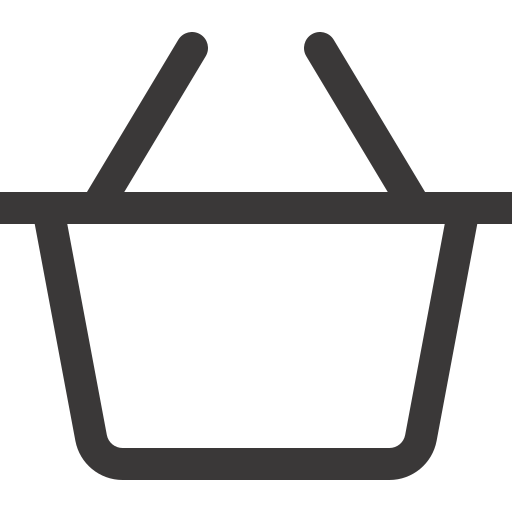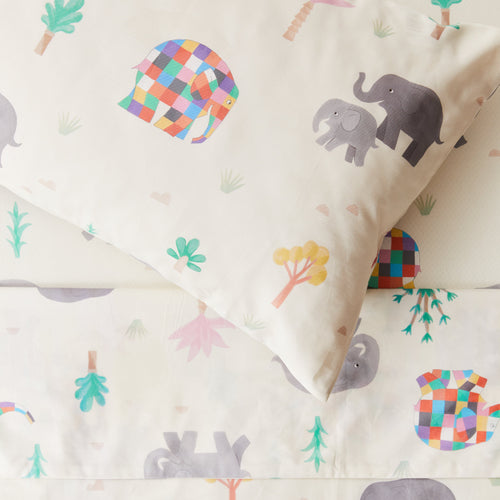Why is Wool Good For Bedding?

This Winter many families are concerned about how to keep their children warm whilst managing rising heating bills. Overnight in Winter the indoor temperature can dip, leading to chilly bedrooms and disrupted sleep, particularly if your house is older or poorly insulated. Whilst we can’t stop the frost, we have a suggestion to help keep heat in beds and little toes toasty.

Wool duvets are fantastic at keeping sleeping people cosy and warm. Wool is a natural insulator - in fact, it’s one of the best and most sustainable insulating materials in the world. Wool cleverly creates a microclimate around the person sleeping in it, keeping them cool on hot nights and warm on cold nights. But how?
The science behind wool

Each wool fibre is springy. Those fibres are matted and bound together to make the fluffy filling that goes inside a Kabode duvet. In between the fibres are millions of tiny air pockets, these air pockets trap the warm air and do a great job at slowing the release of heat from the duvet - so it maintains warmth for longer than other materials. As wool naturally has this wiry, springy texture it doesn’t go flat easily. Compared to some man-made fibres it will maintain its ‘loft’ (technical word for airy springiness) long into the future.
The outside layer of each wool fibre is hydrophobic, meaning it repels moisture. However inside the fibre is a very absorbent core. This clever bit of nature-tech means that the wool will absorb moisture from the surrounding environment and your child’s snoozing body, and then release it back out as heat. There’s a reason your Gran always insisted you wear a woolly jumper on a drizzly day!
Sustainability

There are over a billion sheep in the world. They survive in all climates, from arid deserts to the cold, barren hill farms of the outer Hebrides. Sheep aren’t famed for their ingenuity and sharp survival skills, they are simply built to last. Their fleece protects them from the elements, keeps them warm and helps them survive exposure to the iciest conditions. Nature has created a wonder material which is not only incredibly useful, it’s also abundant.
Sheep need to be sheared once or twice a year for their own health. If left unshorn, a sheep's fleece will become matted and too heavy to carry. It can harbour pests and cause the sheep to overheat. That is why each year the shearers take the fleece off and send it to be cleaned and processed into fresh natural fibres which can be used to make duvets, pillows, clothing, upholstery and more. The sheep are left with a very short layer of wool, which is perfect for the coming warm season and will grow back to a thick fleece ready for Winter. Wool is a truly sustainable material as it keeps growing back again and again, without any need for aggressive farming or chemical encouragement. No fossil fuels are used in its production, and it contains no plastic. Wool is a hardy material which will last for decades of use, and when it’s finally finished with it can be composted and returned to the earth.
Benefits of wool
The wonders of wool don’t stop there - it’s also hypoallergenic. Kabode wool duvets are made with 100% certified organic cotton and 100% Australian wool. No nasties are used in producing the materials or the final product, just good natural fibres provided by nature. Wool repels dust mites so it’s a great material for young children to sleep under, to lessen the risk of skin irritation such as eczema or inflammation of breathing conditions such as asthma.
But can you wash it?!
The answer is yes! Kabode’s wool duvets and pillows have been made with family life in mind, so we made sure they can be machine washed at home. Just put your wool duvet in the washing machine on a wool cycle at 30, and dry it naturally on the line or lay flat.
Even when the room gets colder in the Winter, using a wool duvet will help to keep the kids warm in bed, naturally.



